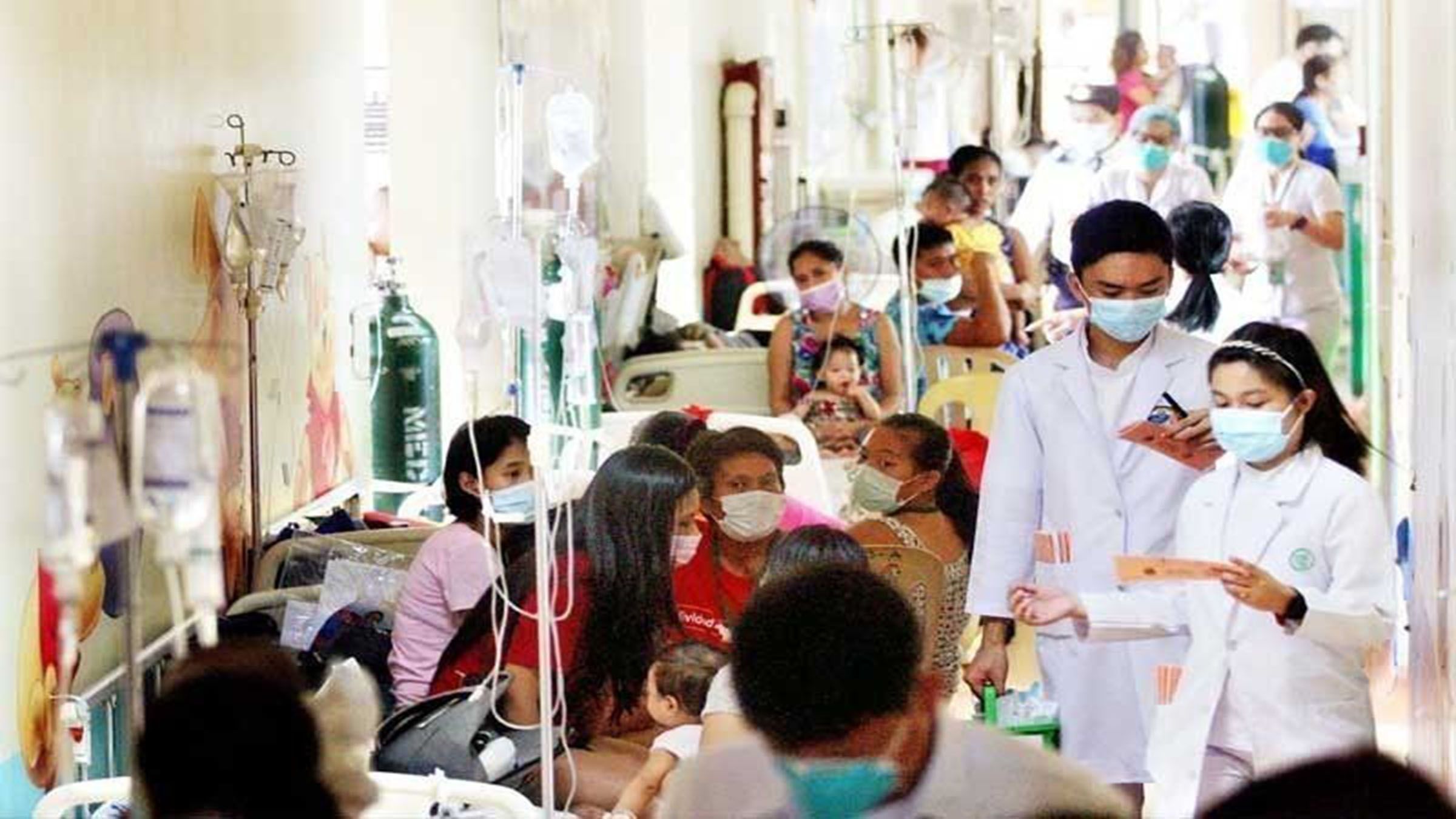The road to good health for every Filipino is paved with both triumphs and challenges. Treading along this path, one needs to acknowledge the progress made while setting our sights on the battles yet to be won.
Universal Health Care is an ambitious goal set by the Philippine government to ensure every Filipino has access to quality health services without suffering financial hardship.
The implementation of the Universal Health Care Act in 2019 marked a crucial milestone in the country's health landscape. However, converting legislation into reality is a journey filled with complexities.
Geographical disparities pose significant challenges. Many remote and rural areas in the counyru lack healthcare facilities and professionals. Innovations in telemedicine and community-based health programs could help bridge these gaps. There is a need to fortify health infrastructure in remote regions and incentivize medical professionals to serve these areas.
Inequity is another issue. Many low-income Filipinos still struggle to afford necessary treatments, medications, and other healthcare services. Policies must focus on strengthening the public health system, regulating drug prices, and ensuring transparency in healthcare costs.
The Covid-19 pandemic has emphasized the importance of a robust public health system. It has revealed the need for adequate funding for healthcare, efficient systems for disease surveillance, and a renewed emphasis on health promotion and disease prevention.
Investments in health are assets in the future. A healthy population is crucial for economic productivity and societal development. Pursuit of health is a shared responsibility among policymakers, healthcare providers, and citizens alike.

